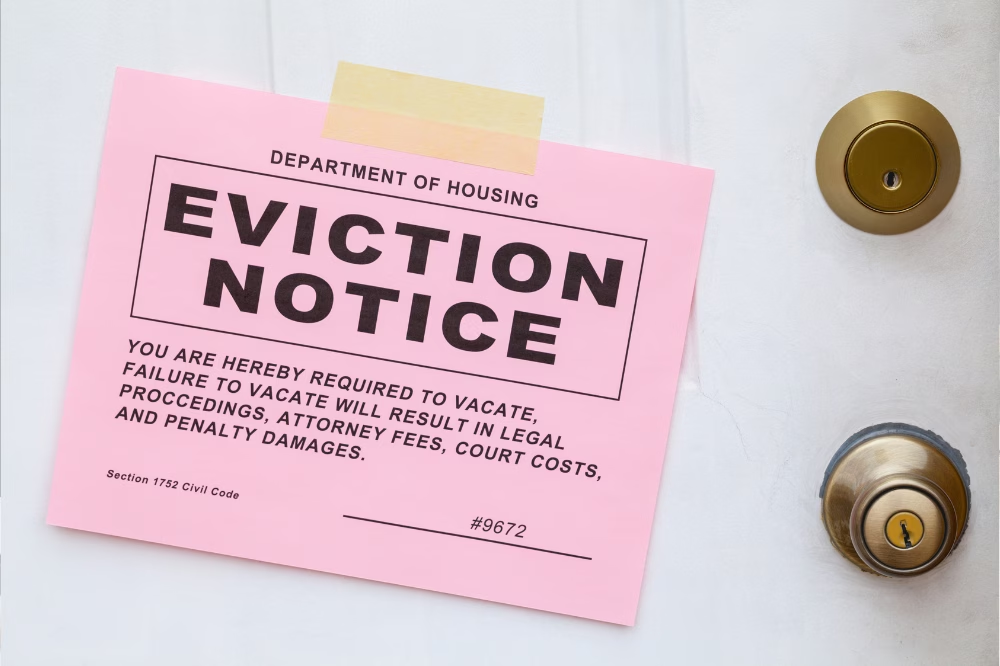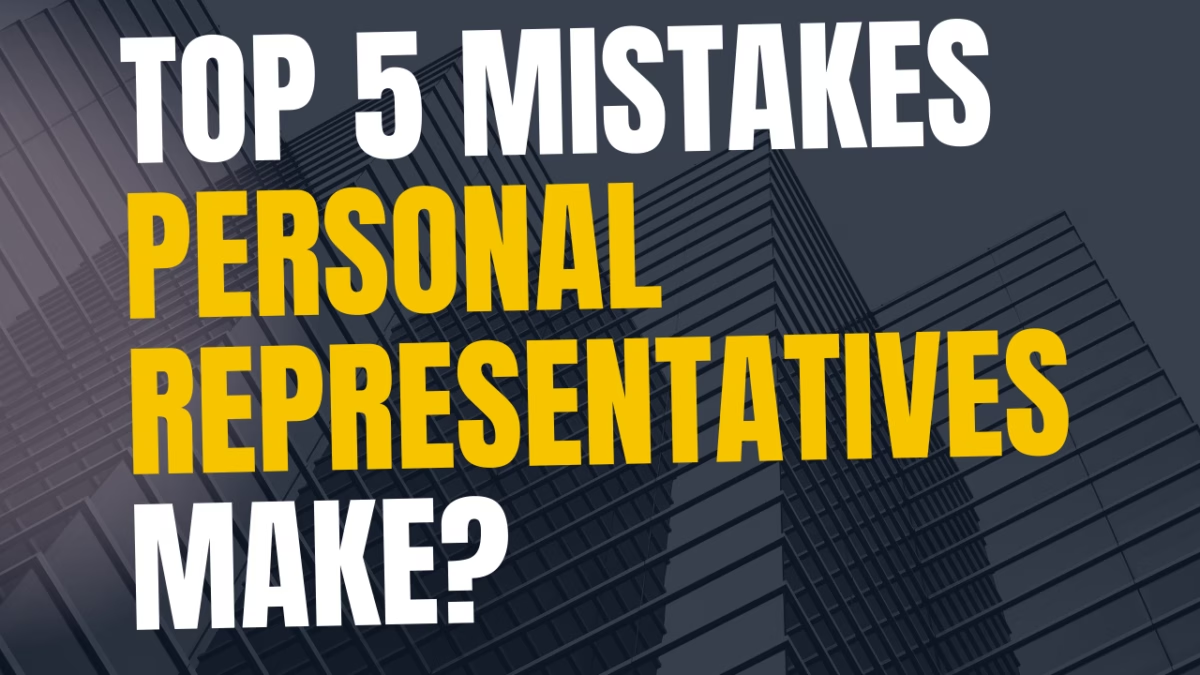Local Burial Assistance Programs for Families in Need
At Colorado Estate Services, we recently had the privilege of meeting Kimberly Rosene, a Hospice Specialist at AdventHealth Porter Hospice. Kimberly’s dedication to supporting families during end-of-life transitions is truly inspiring. She shared invaluable information about local resources available to assist families [Read more]









